Fodder shortages and lack of grass growth are costing farmers millions every day.
The €1.5m fund announced by Minister for Agriculture Michael Creed last week has the potential to fund the importation of 20,000t of fodder, while co-ops, marts and individual farmers are sourcing fodder across the country.
Networking between farmers and farm organisations is a feature of the fodder crisis and the overriding message from all organisations is that farmers should not be afraid to speak up if they are under fodder pressure.
They should also make sure to talk to other farmers who are in a similar position. Sharing the burden will help mentally.
Costs
Feeding costs on dairy farms are running at an additional €2.50/cow per day.
To take just one example, the extra feeding on the Greenfield farm in Kilkenny is costing about €6,000 per week between silage and extra meal fed. Protein and fat drops are costing around 2c/litre or €1,000/week.
For the average-sized dairy herd with 100 cows in Ireland, this means a combination of higher feed costs and lower performance will cost dairy farmers about €2,300 per week.
Nationally, that would equate to €32m per week for as long as the fodder crisis continues.
Suckler farms are equally as exposed. Tullamore Farm’s extra feeding costs for 82 suckler cows amounts to more than €3,000 per week. Nationally, farmers are paying out €35 per suckler cow in extra feed.
Sheep farmers too face a raft of similar higher costs and losses
The figures do not include the cost of higher disease levels, higher mortality due to poor nutrition and additional veterinary bills, as outlined by vets
.
Read more
More than 600 seeking fodder on Teagasc register
UK fodder supplies tighten
'It’s been a horrendous winter, so cold'
Teagasc Grange helps out local farms
Fodder shortages and lack of grass growth are costing farmers millions every day.
The €1.5m fund announced by Minister for Agriculture Michael Creed last week has the potential to fund the importation of 20,000t of fodder, while co-ops, marts and individual farmers are sourcing fodder across the country.
Networking between farmers and farm organisations is a feature of the fodder crisis and the overriding message from all organisations is that farmers should not be afraid to speak up if they are under fodder pressure.
They should also make sure to talk to other farmers who are in a similar position. Sharing the burden will help mentally.
Costs
Feeding costs on dairy farms are running at an additional €2.50/cow per day.
To take just one example, the extra feeding on the Greenfield farm in Kilkenny is costing about €6,000 per week between silage and extra meal fed. Protein and fat drops are costing around 2c/litre or €1,000/week.
For the average-sized dairy herd with 100 cows in Ireland, this means a combination of higher feed costs and lower performance will cost dairy farmers about €2,300 per week.
Nationally, that would equate to €32m per week for as long as the fodder crisis continues.
Suckler farms are equally as exposed. Tullamore Farm’s extra feeding costs for 82 suckler cows amounts to more than €3,000 per week. Nationally, farmers are paying out €35 per suckler cow in extra feed.
Sheep farmers too face a raft of similar higher costs and losses
The figures do not include the cost of higher disease levels, higher mortality due to poor nutrition and additional veterinary bills, as outlined by vets
.
Read more
More than 600 seeking fodder on Teagasc register
UK fodder supplies tighten
'It’s been a horrendous winter, so cold'
Teagasc Grange helps out local farms




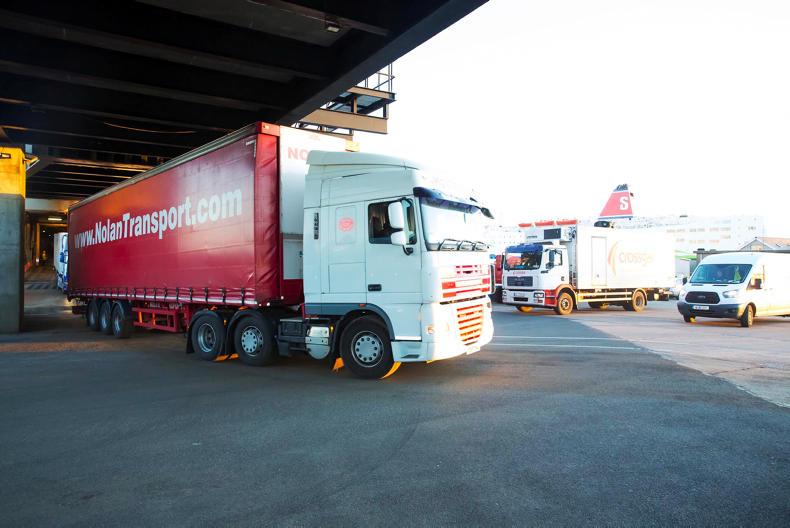
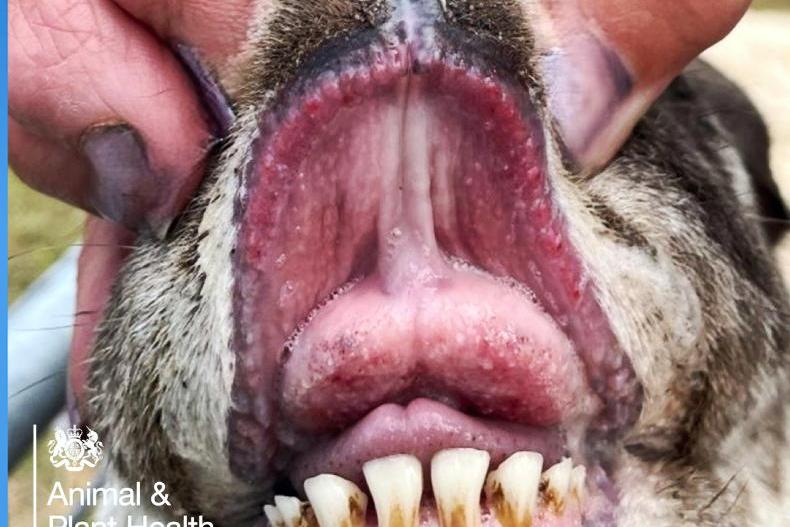
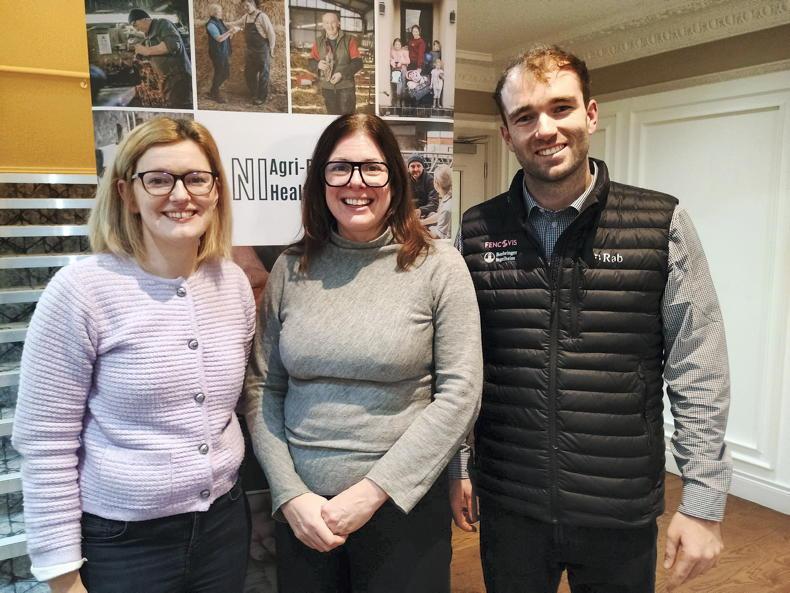
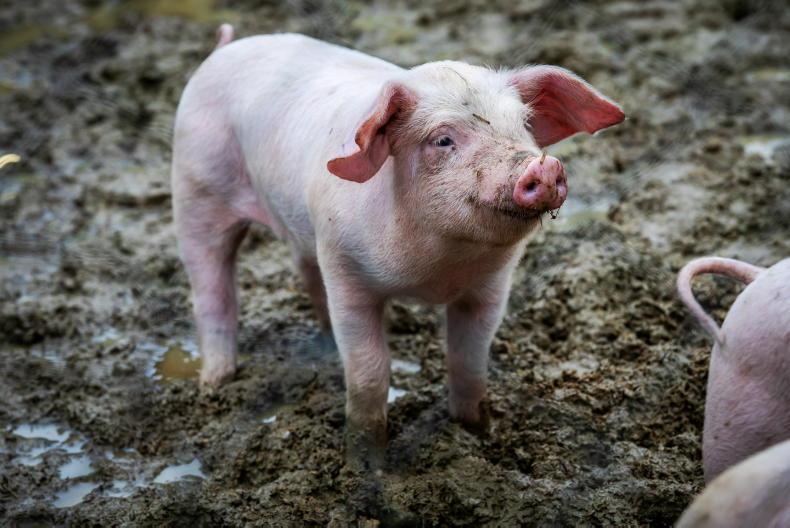
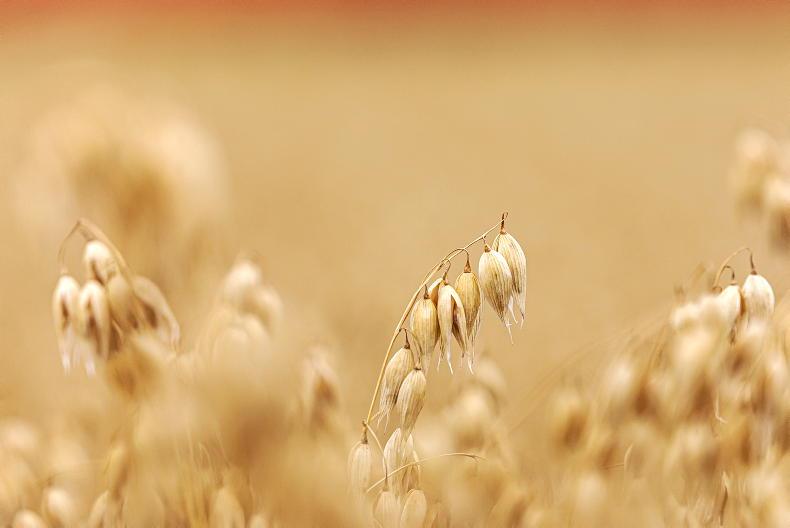
SHARING OPTIONS